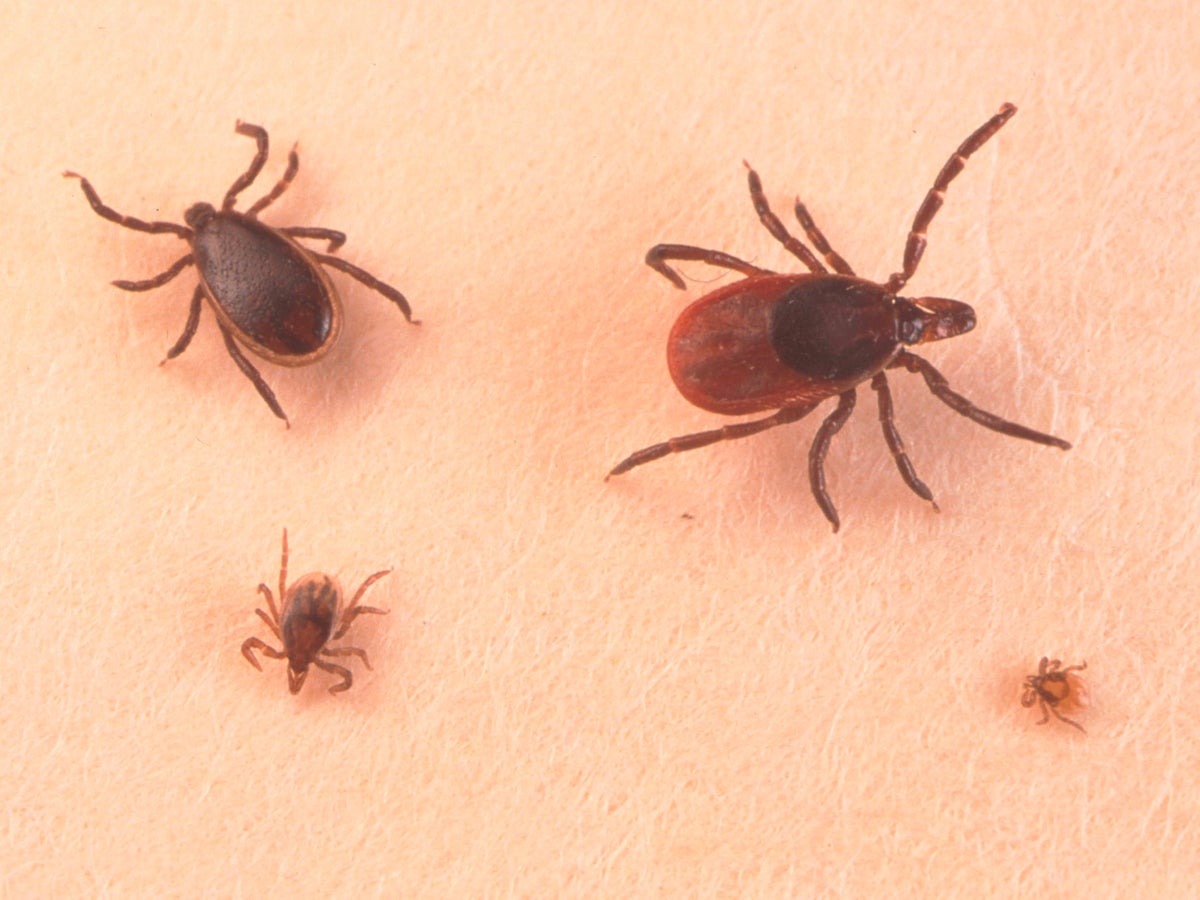
A Connecticut woman has become the second American to die from a rare tick-borne virus, according to the state's department of public health.
The woman who died was in her 90s and died on 17 May after becoming infected with the Powassan virus due to a tick bite. She began showing symptoms including fever, headaches, chills, cognitive aberrations, nausea and chest pains two weeks after the tick was removed.
According to DPH officials, the woman was hospitalised but she eventually became unresponsive, and remained that way for two weeks before she eventually succumbed to the virus. Officials with the US Centres for Disease Control later confirmed she died as a result of the POWV infection.
In April, the CDC in Maine announced the nation's first death this year from the virus. According to the state's Human Services department, the person was an adult who developed neurologic symptoms and died while being treated in the hospital.
The virus is thankfully rare. Only 25 cases are reported each year going back to 2015. However, the CDC notes that there are no vaccines or treatments available to effectively combat the virus. Though most people who become infected do not get sick, there is no way to treat the symptoms in the event they develop.
The best way for individuals to combat the potential for illness is through prevention and understanding where they could become infected.
Ticks tend to live in places like tall grasses or thick brush, where they can latch onto creatures that pass through, generally deer and other wild animals, but also humans. Avoiding these areas can help prevent potential tick bites. Hikers, campers, and others who might find themselves in those environments should use FDA-approved tick repellent prior to their activities.
Individuals who do spend time in tick habitats should regularly check themselves, their clothes and their gear for the arachnids immediately after they leave the habitat. If a tick is found it should be removed as quickly as possible. If someone does find a tick on them and begins to experience any of the symptoms associated with POWV, they should seek medical help immediately.
"This incident reminds us that residents need to take actions to prevent tick bites now through the late fall," Dr. Manisha Juthani, the Connecticut DPH Commissioner, said in a press statement. "DPH stresses the use of insect repellent this summer and avoiding high-risk areas, such as tall grass, where ticks may be found. It's also important to check carefully for ticks after being outside which can reduce the chance of you and your family members being infected with this dangerous virus."


.png?w=600)




